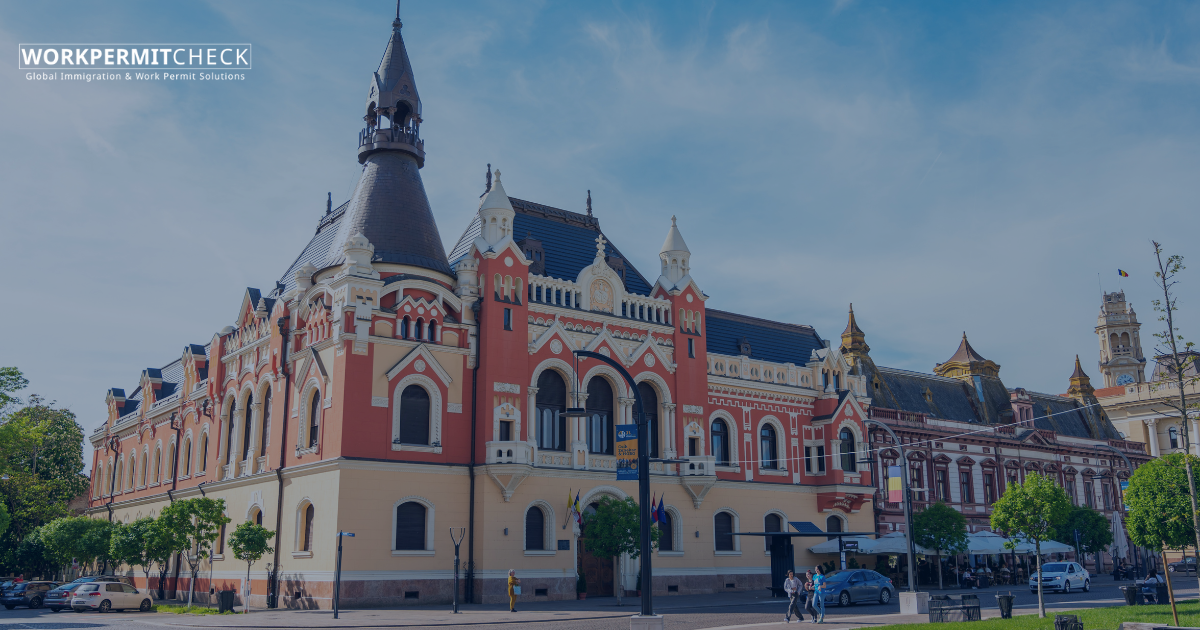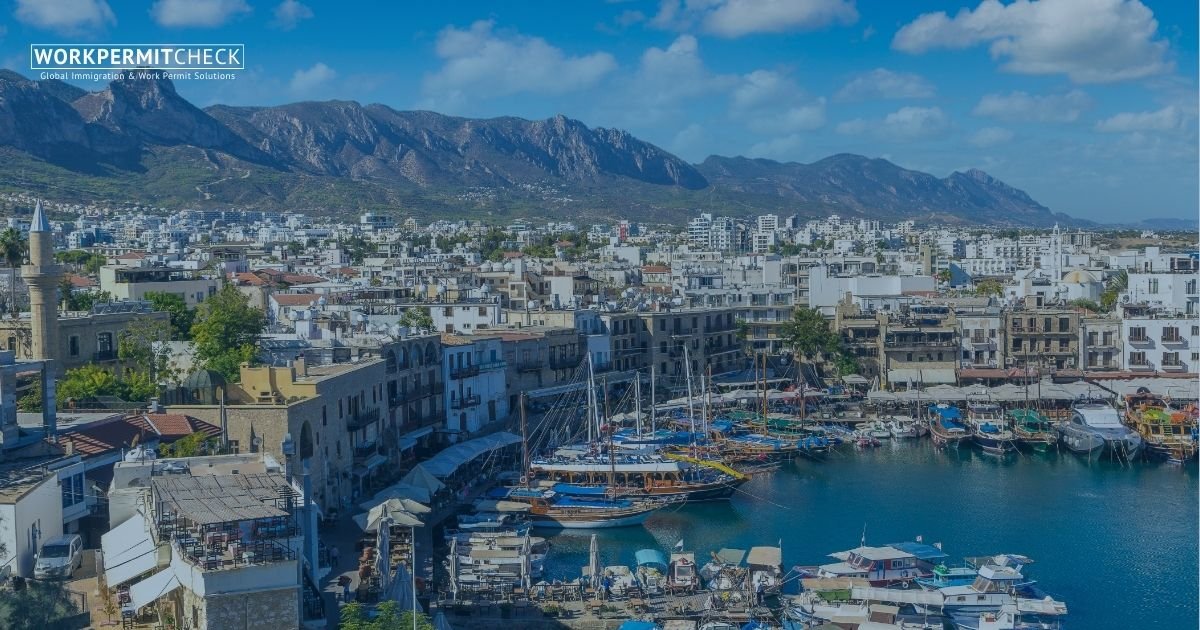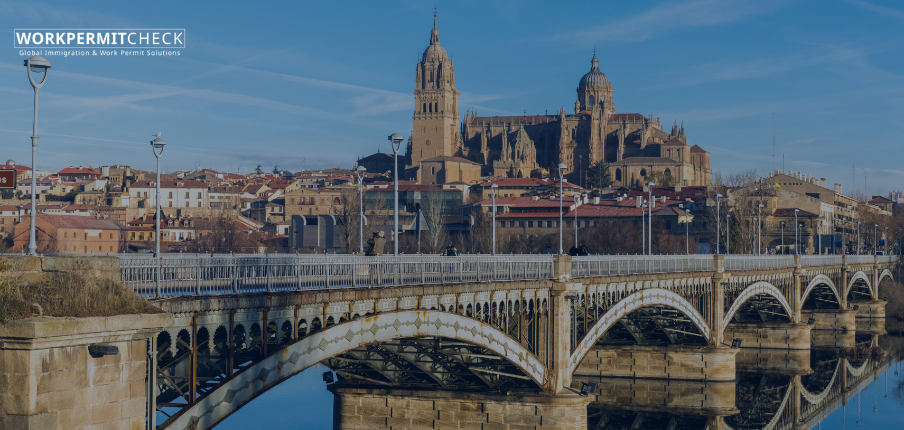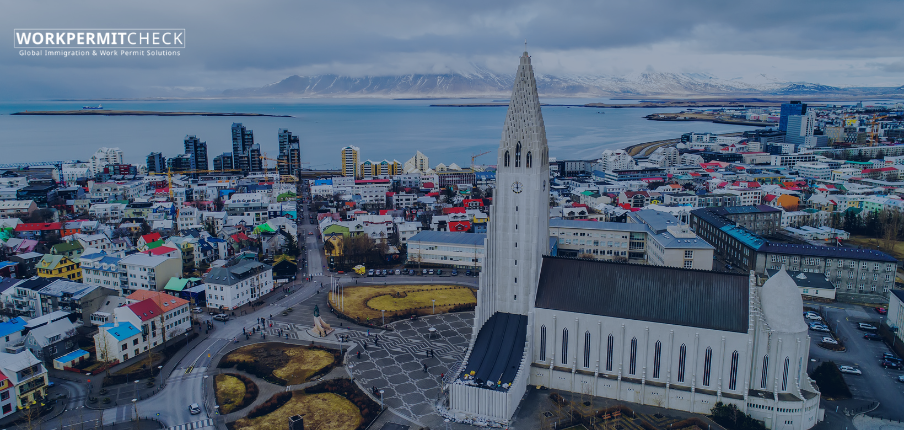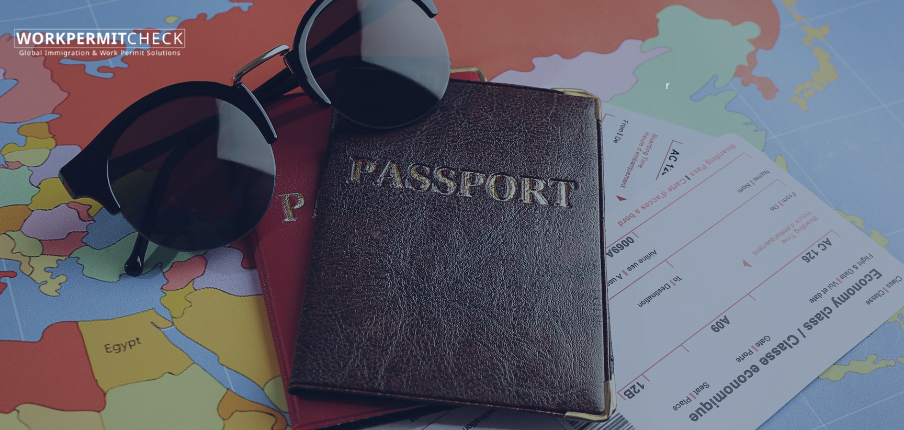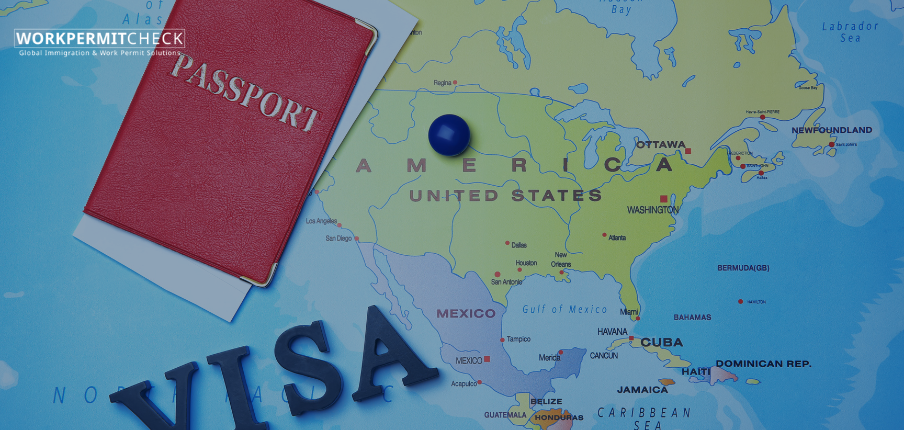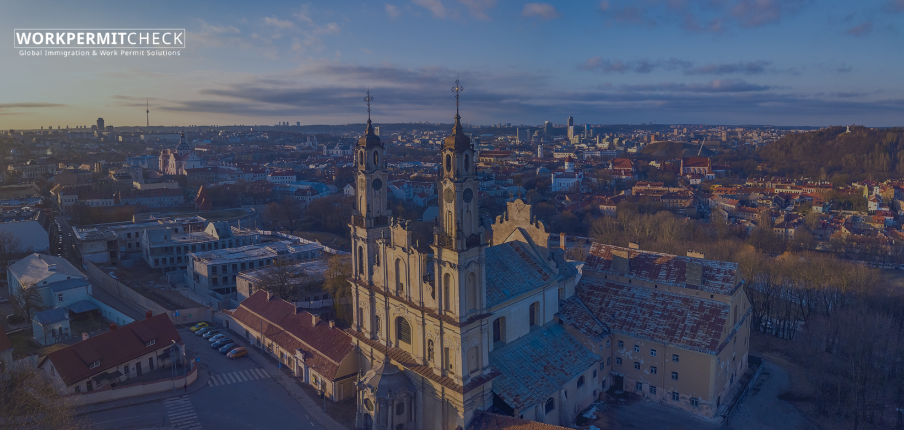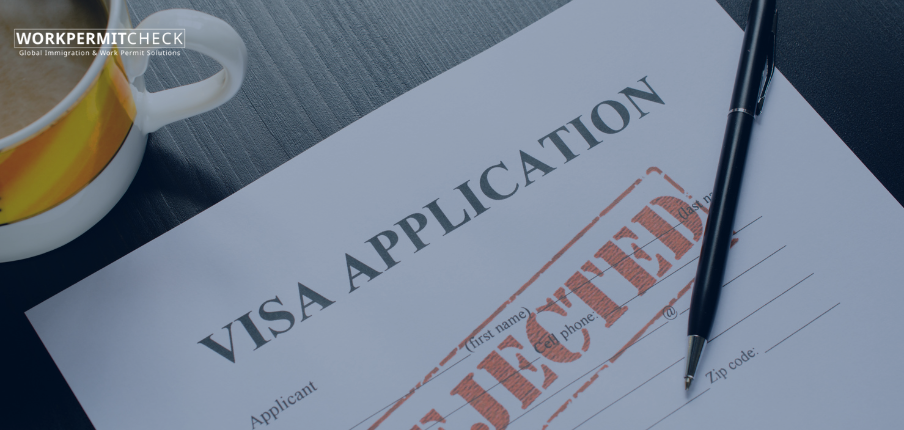Understanding the Portugal Work Visa
Portugal requires non-EU/EEA and non-Swiss citizens to hold a valid work visa or residence permit in order to work legally. Most work visas are tied to a specific employer and job role. This means the conditions of employment — including the employer’s details — are registered with Portuguese immigration authorities when the visa is issued.
Changing Employers Under a Portugal Work Visa
In general, a standard Portugal work visa does not automatically allow a worker to change employers freely. If you change jobs, the new employment contract must be reported to the authorities, and in many cases, a new application or amendment to your residence permit is required.
Key points to consider:
• Employer-Specific Permits – Many Portugal work visas are granted on the basis of an employment contract with a particular company.
• Notification Requirement – If your employment ends or you switch to another employer, you must inform the immigration authority (currently AIMA, which replaced SEF).
• Possible Re-Application – Depending on your visa type, you may need to apply for a new residence permit under your new employer.
• Residence Permit Holders – If you already hold a valid residence permit linked to employment, you may be able to update your records with the new employer rather than starting the process from scratch, but this depends on your permit category.
Alternatives for More Flexibility
Some permits offer greater freedom than employer-specific visas:
• EU Blue Card – Allows highly skilled workers to work in Portugal with more mobility. Blue Card holders may change jobs under certain conditions, particularly after the first two years.
• Self-Employment or Independent Work Visa – Designed for freelancers or entrepreneurs, this type of visa is not tied to a single employer.
• Digital Nomad Visa (D8) – Enables remote workers and freelancers to live in Portugal while working for clients or employers abroad.
Why Careful Planning Is Important
Changing employers without updating your visa status can lead to:
• Loss of legal right to work in Portugal
• Fines, penalties, or denial of future applications
• Risk of visa cancellation or deportation in severe cases
That’s why it’s crucial to follow official procedures before making any employment changes.
Disclaimer
This article is for informational purposes only and does not constitute legal advice. Immigration laws in Portugal can change, and procedures may vary depending on your visa category and personal situation. Always confirm the latest requirements with Portuguese immigration authorities or seek professional legal assistance before changing employers.
September 4, 2025















